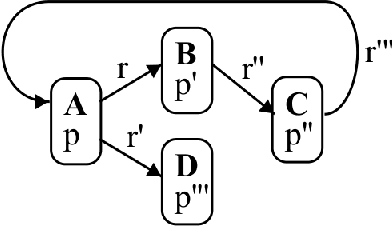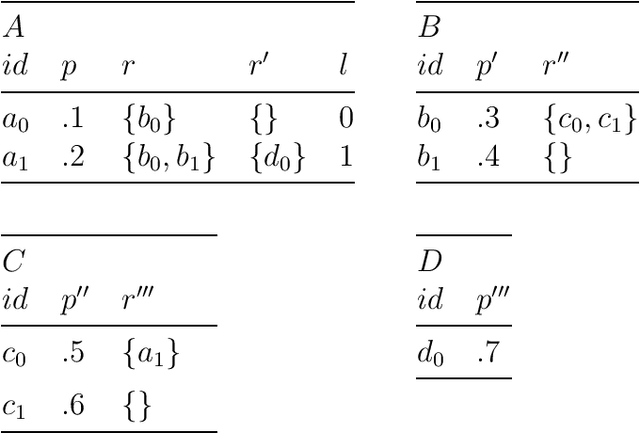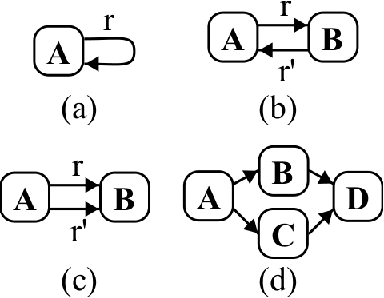Boosting gets full Attention for Relational Learning
Paper and Code
Feb 22, 2024



More often than not in benchmark supervised ML, tabular data is flat, i.e. consists of a single $m \times d$ (rows, columns) file, but cases abound in the real world where observations are described by a set of tables with structural relationships. Neural nets-based deep models are a classical fit to incorporate general topological dependence among description features (pixels, words, etc.), but their suboptimality to tree-based models on tabular data is still well documented. In this paper, we introduce an attention mechanism for structured data that blends well with tree-based models in the training context of (gradient) boosting. Each aggregated model is a tree whose training involves two steps: first, simple tabular models are learned descending tables in a top-down fashion with boosting's class residuals on tables' features. Second, what has been learned progresses back bottom-up via attention and aggregation mechanisms, progressively crafting new features that complete at the end the set of observation features over which a single tree is learned, boosting's iteration clock is incremented and new class residuals are computed. Experiments on simulated and real-world domains display the competitiveness of our method against a state of the art containing both tree-based and neural nets-based models.
 Add to Chrome
Add to Chrome Add to Firefox
Add to Firefox Add to Edge
Add to Edge